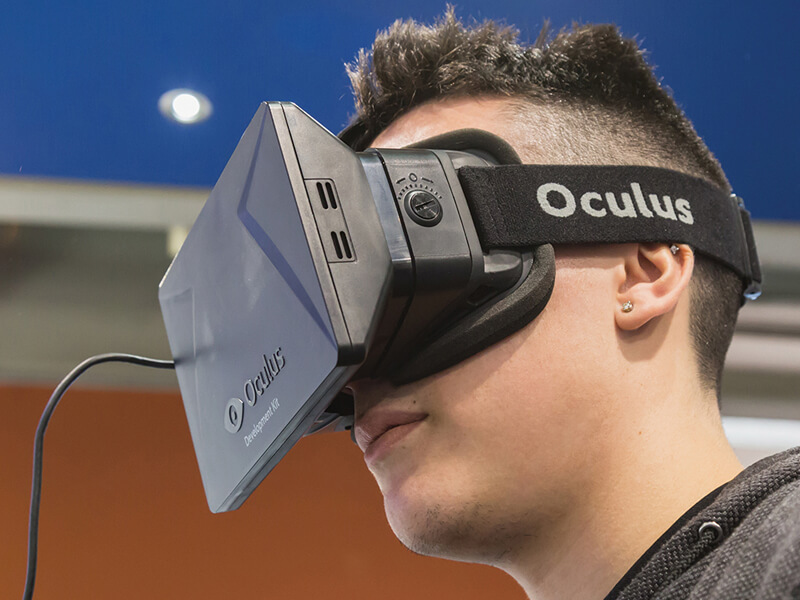Mark Zuckerberg weighs in on remote work and VR / AR potential post-COVID 19
For the past few months, companies all over the world have had to swiftly adapt and enforce remote working capabilities in light of the COVID19 pandemic. Although lockdown restrictions are gradually...

For the past few months, companies all over the world have had to swiftly adapt and enforce remote working capabilities in light of the COVID19 pandemic. Although lockdown restrictions are gradually being lifted in recent weeks, a return to the pre-COVID19 situation would not be conceivable given the uptick of new cases as reported in some countries.
With the understanding that the global health crisis would persist much longer than originally predicted, tech giants like Facebook and Google have recently announced that they will be allowing most of their staff to continue to work from home till the end of the year.
As companies review their back-to-work policies and consider how the pandemic is re-shaping the economy, Mark Zuckerberg has shared that he feels optimistic about the future of work.
In a livestream address that was publicly shared but primarily aimed for Facebook staff, the Facebook founder expressed how the company will move forward and manage the implications of the COVID19 pandemic. Foreseeing that remote work will be the primary mode of operations for companies, Zuckerberg announced that Facebook is considering to have remote work as a more permanent culture. This means that Facebook employees would have a choice of working from home permanently should they choose post-COVID19. To add, Facebook also plans to aggressively shift to remote-hiring in order to reap the benefits of remote work which include having a wider pool of talent to recruit from, a more diversified workforce, as well as environmental sustainability.
Specifically for Facebook, Zuckerberg went on to share that as remote work gains traction in the long term, this would be a business opportunity for them to “advance some of the important future technology that we are working on”.

Facebook currently has several other products that would tie-in nicely with remote work such as Workplace (organization-collaboration tool), Portal (smart video-calling tool), and Oculus VR (virtual reality hardware and software). Noting how there is an increasing demand for VR-based training, Zuckerberg shares that they are considering to expand the release of Oculus for business.
With Facebook being a social media platform, Zuckerberg also references in his livestream how Facebook drives and build products “that help people communicate, and that gives people a feeling of connection and presence even when you cannot be together in person”. Given the various communication tools that Facebook has built for both individuals and enterprises, Zuckerberg is optimistic that in time, AR / VR will be another platform to provide the presence that Facebook has shared with the world.
Zuckerberg’s plans closely mirror the International Data Corporation’s (IDC) forecast for worldwide expenditure for AR / VR. According to IDC’s Worldwide Augmented and Virtual Reality Spending Guide, the APAC region alone is predicted to have spent $3.7 billion in 2019 on AR / VR – up by 34.0% from 2018.
Throughout the forecast period between 2018 to 2023, the compound annual growth rate (CARG) is expected to grow at 62.0%, mainly attributed to spending by the commercial industries. This year, use cases in the commercial sector will make up for almost half of the entire AR / VR spending, with the training sector leading at $2.6 billion. By the end of 2023, commercial spending is predicted to exceed the consumer segment by $11 billion given that AR / VR has the potential to provide solutions to complex challenges faced by enterprises, as well as providing opportunities in process-efficient operations.
Although Zuckerberg began his livestream noting the unconventional public posting of what would normally be an internal townhall meant exclusively for staff, he expresses the importance of sharing his insights which may help other companies who are also looking at solutions to the future of work. It is a refreshing and positive outlook on how open communication can drive collaboration and industrial growth that will eventually benefit society as a whole. With the optimism shown by one of the world’s tech leaders, paired with an analytical forecast of the industry, the future of work could very possibly be AR / VR.
















